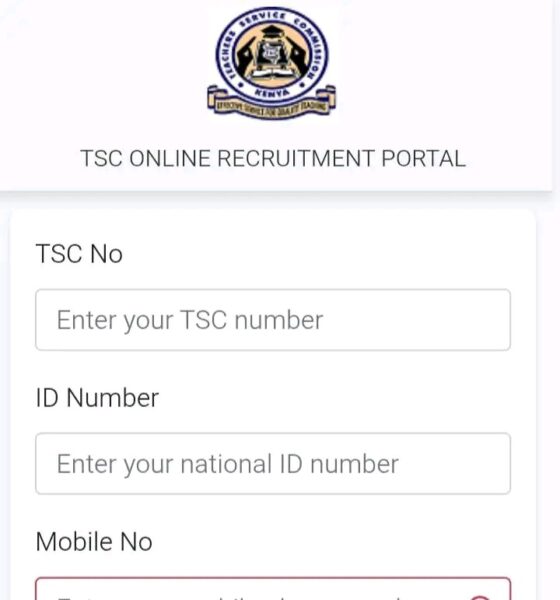Kenya’s Teachers Service Commission now runs fully online recruitment for teachers. The digital system aims to improve transparency, efficiency, and fairness as 24,000 new teachers are hired by January 2026.
As part of a sweeping education reform, Kenya’s Teachers Service Commission (TSC) has fully digitized its teacher recruitment process to hire 24,000 new teachers by January 2026. The shift to online recruitment is a strategic move aimed at enhancing transparency, cutting bureaucracy, and speeding deployment across the public school system.
During World Teachers’ Day celebrations, TSC Chair Jamleck Muturi emphasized the transition: “Registration is automated, and recruitment is now fully online.” This digital overhaul means qualified candidates can register, submit credentials, and track their application status via the internet—reducing the need for in-person paperwork that historically slowed hiring.
Muturi said the streamlined system will allow for quicker vetting and placements, ensuring that the 24,000 recruited teachers are in class by January. The platform’s design is intended to guard against favoritism and irregularities, fostering fairness in how regional and subject vacancies are filled.
The timing of this transition is critical: the government has committed to hiring 24,000 teachers in the next few months, adding to the 76,000 already recruited over the past two years. That will culminate in a total of 100,000 teachers brought on board under the current administration’s reform agenda.
The digital recruitment also aligns with Kenya’s broader push to modernize government services through e-governance. Automating recruitment cuts costs tied to logistics, human intermediaries, and delays. Applicants from remote regions no longer need to travel for submissions; they can use mobile or internet-enabled devices to complete the process.
Muturi further revealed that alongside recruitment, the TSC is conducting promotion interviews for 151,612 teachers, also via digital platforms, to ensure fair and swift career advancement. The digitization of these internal HR functions is expected to reduce administrative burden and eliminate inconsistencies.
Beyond recruitment and promotions, the reform agenda encompasses retooling and professional development. The Ministry of Education has allocated Ksh. 950 million to support teacher training initiatives aligned with Kenya’s Competency-Based Education (CBE) curriculum. Conceived together, the digital and training components complement each other: better systems make it easier to manage teacher data, monitor performance, and deliver ongoing mentorship.
In essence, Kenya’s shift to fully online teacher recruitment and promotion represents a modern, scalable approach to addressing systemic challenges in public education. As 24,000 new teachers are onboarded, the digitized TSC system promises greater efficiency, accountability, and service delivery quality across the nation’s schools.





